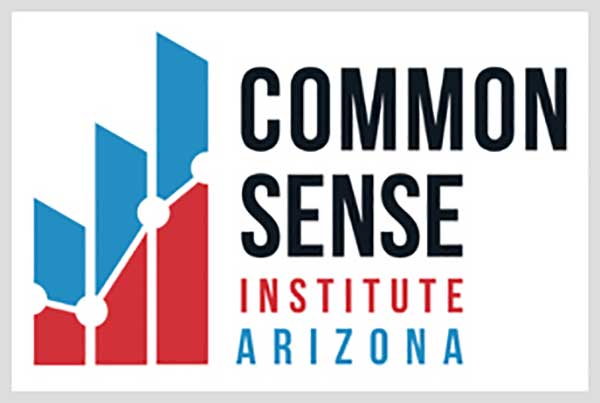PHOENIX, Ariz. — The Common Sense Institute Arizona (CSI) has released a comprehensive report shedding light on the transformative economic impact of Arizona’s Universal License Recognition Law, also known as HB 2569. This landmark legislation, signed in mid-2019 and in effect since late 2019, has not only bolstered the state’s economic growth but also expanded employment opportunities for thousands of individuals.
Since its enactment, Arizona’s Universal License Recognition Law has been a driving force behind the state’s prosperity, with over 8,000 occupational licenses issued to date. The law, which is one of the broadest of its kind in the country, eliminates many of the barriers commonly associated with license recognition by imposing no additional requirements on out-of-state licenses. It also limits the discretion of Arizona licensing entities, ensuring that applicants with out-of-state licenses are granted equal consideration.
Katie Ratlief, Executive Director of the Common Sense Institute Arizona, commented on the significance of the law, “Arizona’s Universal License Recognition Law has proven to be a powerful catalyst for economic growth and opportunity. By removing unnecessary barriers to entry for workers from other states, we’ve witnessed a surge in domestic in-migration, contributing to the state’s continued prosperity.”
The key findings of the report highlight the substantial economic benefits of HB 2569:
- The law is estimated to have created or supported 13,100 jobs and $1.2 billion in economic activity over its first three years of existence, resulting in over 8,000 licenses issued.
- CSI projects that the law will have generated 33,190 jobs and $3.3 billion by 2030, marking its ten-year anniversary.
- The report reveals that 30% of Arizona’s workforce may now require some form of professional licensure to legally work in the state, a significant increase from about 5% in the 1950s.
- The cost of occupational licensing is estimated at 188,000 jobs and $16.2 billion to the state’s economy, stemming from higher service costs and reduced employment in regulated occupations.
- Arizona is projected to have over 45,000 additional residents by 2032 due to increased economic in-migration facilitated by universal recognition.
Glenn Farley, Director of Policy and Research at the Common Sense Institute Arizona, stated, “Our research demonstrates that Arizona’s Universal License Recognition Law has not only accelerated economic growth but has also maintained the quality of professional services in the state. This law represents a win-win scenario for both businesses and consumers.”
The Common Sense Institute Arizona’s report underscores the significant economic benefits of Arizona’s Universal License Recognition Law, showing that it has played a pivotal role in the state’s economic resurgence. By breaking down barriers and promoting workforce mobility, this landmark legislation continues to pave the way for a brighter and more prosperous future for Arizona. For more information about the report or to access the full findings, please click here.









